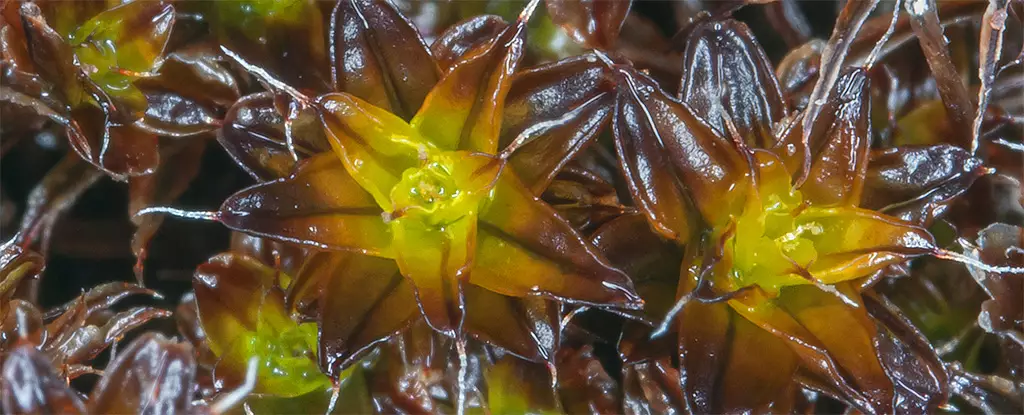Mosses have long been known as resilient organisms with the ability to thrive in inhospitable environments. In a recent study conducted by Xiaoshuang Li and colleagues at the Chinese Academy of Sciences, the researchers propose that mosses, specifically Syntrichia caninervis, could potentially be used to terraform Mars. This non-vascular plant has displayed an impressive ability to adapt to extreme conditions, making it a promising candidate for transforming barren landscapes into fertile soils on the red planet.
Li and the team of scientists conducted a series of tests on S. caninervis to assess its resilience in harsh environments. The moss was subjected to extreme dehydration, prolonged freezing, radiation, and Mars-like conditions in a simulated environment. Surprisingly, S. caninervis displayed remarkable survivability in all these conditions. Dehydration and freezing temperatures did not faze the moss, and even exposure to high levels of radiation did not hinder its growth. Moreover, mosses that had been dehydrated and then exposed to Martian-like conditions showed quick recovery, indicating their adaptability to extraterrestrial environments.
Despite the promising results of the study, the idea of introducing life from Earth to Mars raises ethical concerns. Considering our track record with introducing species to new environments on Earth, the potential consequences of biocontamination must be carefully evaluated. However, if deemed safe and viable, the use of mosses like S. caninervis could pave the way for creating habitable environments on Mars for future human colonization.
The remarkable resilience of S. caninervis offers hope for the survival of life on our own planet in the face of environmental challenges. The ability of mosses to turn barren land into fertile soil, even after enduring extreme conditions, underscores the adaptability and resilience of nature. This serves as a reminder that Earth has the inherent capacity to regenerate and sustain life, even in the most hostile environments.
Mosses like Syntrichia caninervis demonstrate great potential as terraforming agents for Mars. Their ability to withstand extreme conditions and transform barren landscapes into fertile soils highlights the versatility and resilience of these non-vascular plants. While the idea of introducing terrestrial life to other planets comes with ethical considerations, the use of mosses for planetary colonization poses exciting prospects for the future of space exploration. Moreover, the study of mosses’ adaptability to extreme environments provides valuable insights into the mechanisms of resilience in nature, offering hope for the preservation and sustenance of life on Earth.


Leave a Reply